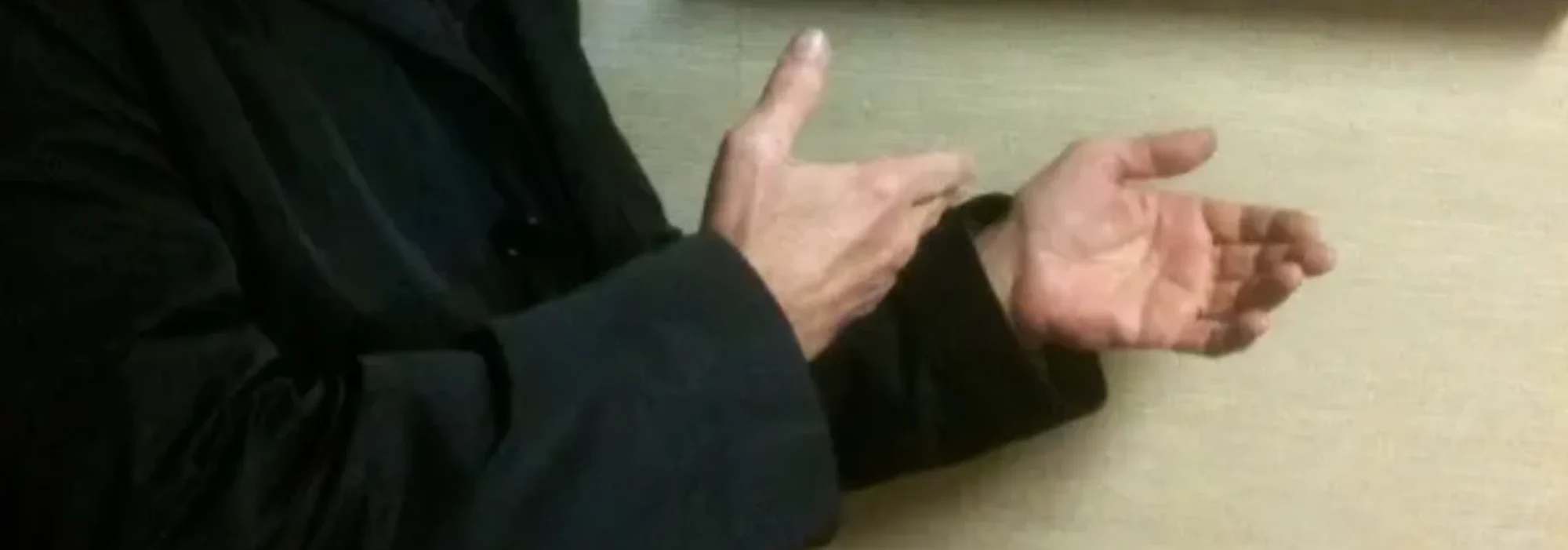Western audiences, out of ignorance, yield too easily
to fundamentalist Muslim claims that Islam is prescriptive
in simple ways. To argue otherwise requires knowledge
of Islamic hermeneutics, dialectics, and dialogics.
— Fischer and Abedi, Debating Muslims (p. 147)
Twenty years ago I published an academic piece on three North African writers which went largely unread — par for that course to be sure.
Jihad Ijtihad and other Dialogical Wars
I offer this link to the past because its matter remains topical. It explains in accessible terms to readers of English the concepts of jihad and its cognate ijtihad, as well as the relationship of each to the other.
They anchor each end of a dialogical continuum running from holy war through conversion (by various means) and maieutic (giving birth to ideas) on to the hermeneutics of ijtihad, which might be defined as “interpretative work”. Ijtihad began before jihad, since Allah’s edict to Muhammad at the moment of revelation was إقرا iqra! read! / recite!, which does after all require interpretation.
As interpretation of the work for which jihad calls, ijtihad must be understood dialectically (in light of the range of counter-arguments), hermeneutically (in terms of allusions and contexts, nuances and changes in word usage), and dialogically (in relation to the motives and manipulations of political others to whom one is opposed).
Both jihad and ijtihad are “ethical discourse”. They are conducted in a communicative environment driven by dialogue with others, by attempts to persuade those others “to join one’s own moral and political community” (Fischer and Abedi, p. 146). It should therefore not be surprising that poetry sometimes plays a persuasive role in Islamicist polemic and propaganda: http://www.theguardian.com/books/2015/dec/29/poetry-used-as-a-perfect-weapon-for-recruiting-violent-jihadis-study-finds.
My point? Just read the epigraph again.
If you have declared someone an enemy or have been declared an enemy by someone else, best learn to know them (dixit Sun Tzu in The Art of War). The way it looks for the moment, the jihadis of Da’esh have a better grasp of the vulnerabilities of the so-called West — susceptibility to bouts of collective fear, self-indulgent materialism — than the West does of theirs, whatever either may be.
